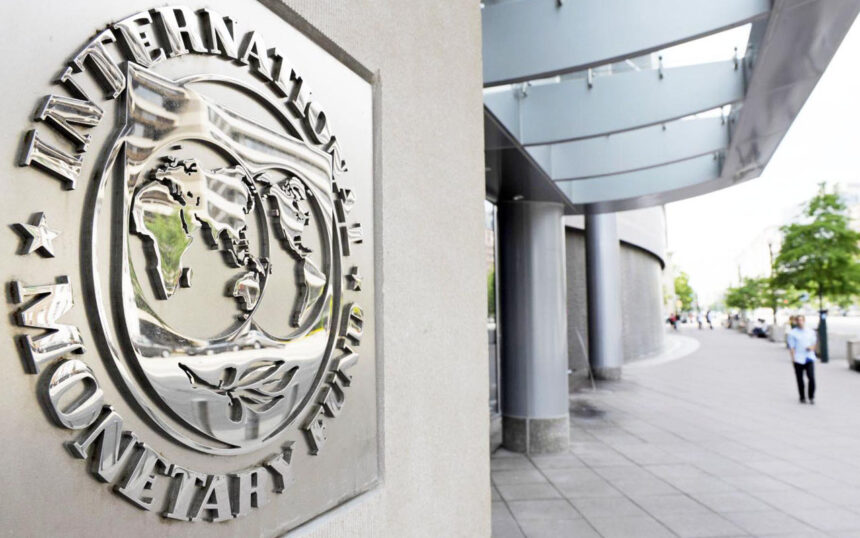The International Monetary Fund (IMF) has warned that stablecoins and other financial innovations could transform the global economy, offering opportunities for efficiency and inclusion but also posing significant risks to financial stability.
In a recent blog post, Gita Bhatt of the IMF noted that policymakers face a delicate balancing act: reaping the benefits of new technologies while protecting consumers and safeguarding financial systems.
Three years ago, the IMF’s Finance & Development magazine predicted a “money revolution” driven by digital assets and fintech. That revolution, the institution says, is now unfolding. Stablecoins—digital tokens typically backed by government bonds or major currencies like the US dollar—have grown rapidly, attracting millions of users who rely on low-cost, 24/7 cross-border transactions.
New legislation in the United States and other markets is expected to further accelerate adoption. In some countries battling inflation, dollar-pegged stablecoins have already become a financial lifeline.
However, the IMF cautioned that widespread adoption of stablecoins could also bring instability. Hélène Rey, a professor at the London Business School, said dollar-based stablecoins might fuel “dollarization,” heightening volatility in exchange rates, weakening banking systems, and facilitating illicit activity. “While these assets may speed up payments, they also risk creating major financial stability challenges,” she warned.
Other academics echoed similar concerns. Yao Zeng of the University of Pennsylvania’s Wharton School argued that while stablecoins work well under normal conditions, they “can falter under stress.” He highlighted broader changes in global finance, where lightly regulated nonbanks and new technologies like AI and big data are increasingly driving lending and liquidity.
The IMF also pointed to government-led innovation. India’s Unified Payments Interface (UPI), which now handles over 19 billion transactions monthly, demonstrates how public infrastructure can modernize payments and boost financial access.
But competition between fintechs, big tech companies, and traditional banks is intensifying. Experts at the Bank for International Settlements said forward-looking public policies are needed to ensure innovation delivers progress without destabilizing markets.
Authorities are also being urged to remain vigilant against crime. Digital payment systems, including cryptocurrencies, have been exploited for tax evasion, money laundering, and terrorism financing. Stanford’s Darrell Duffie and coauthors recommend stricter oversight to stay ahead of criminal abuse.
“Clearly, there is a lot of room for improvement in payment systems and financial markets in general. Users demand it,” the IMF blog concluded.
“The key is to balance risks and benefits through clear regulation that protects consumers and investors while limiting spillovers.”
The latest Finance & Development edition also features broader discussions, from the risks of excessive centralization in artificial intelligence to shifting patterns of US entrepreneurship and lessons from historical free-trade failures.
For the IMF, however, the message is clear: stablecoins and financial innovations are no longer speculative concepts but forces already reshaping global finance. How policymakers respond will determine whether these tools enhance inclusion and efficiency—or undermine financial stability worldwide.
READ ALSO: FIRS has made significant progress —IMF
WATCH TOP VIDEOS FROM NIGERIAN TRIBUNE TV
- Let’s Talk About SELF-AWARENESS
- Is Your Confidence Mistaken for Pride? Let’s talk about it
- Is Etiquette About Perfection…Or Just Not Being Rude?
- Top Psychologist Reveal 3 Signs You’re Struggling With Imposter Syndrome
- Do You Pick Up Work-Related Calls at Midnight or Never? Let’s Talk About Boundaries






